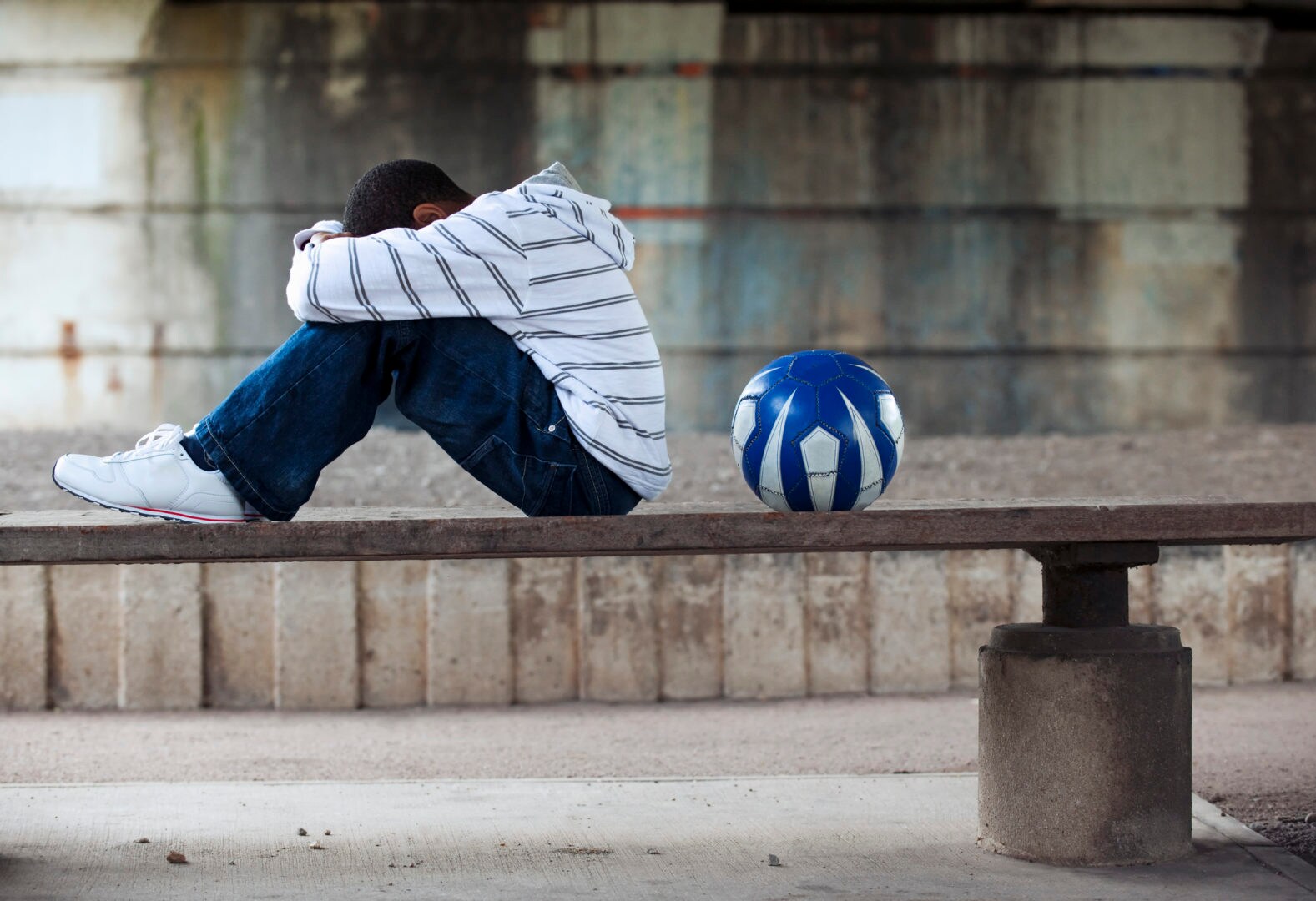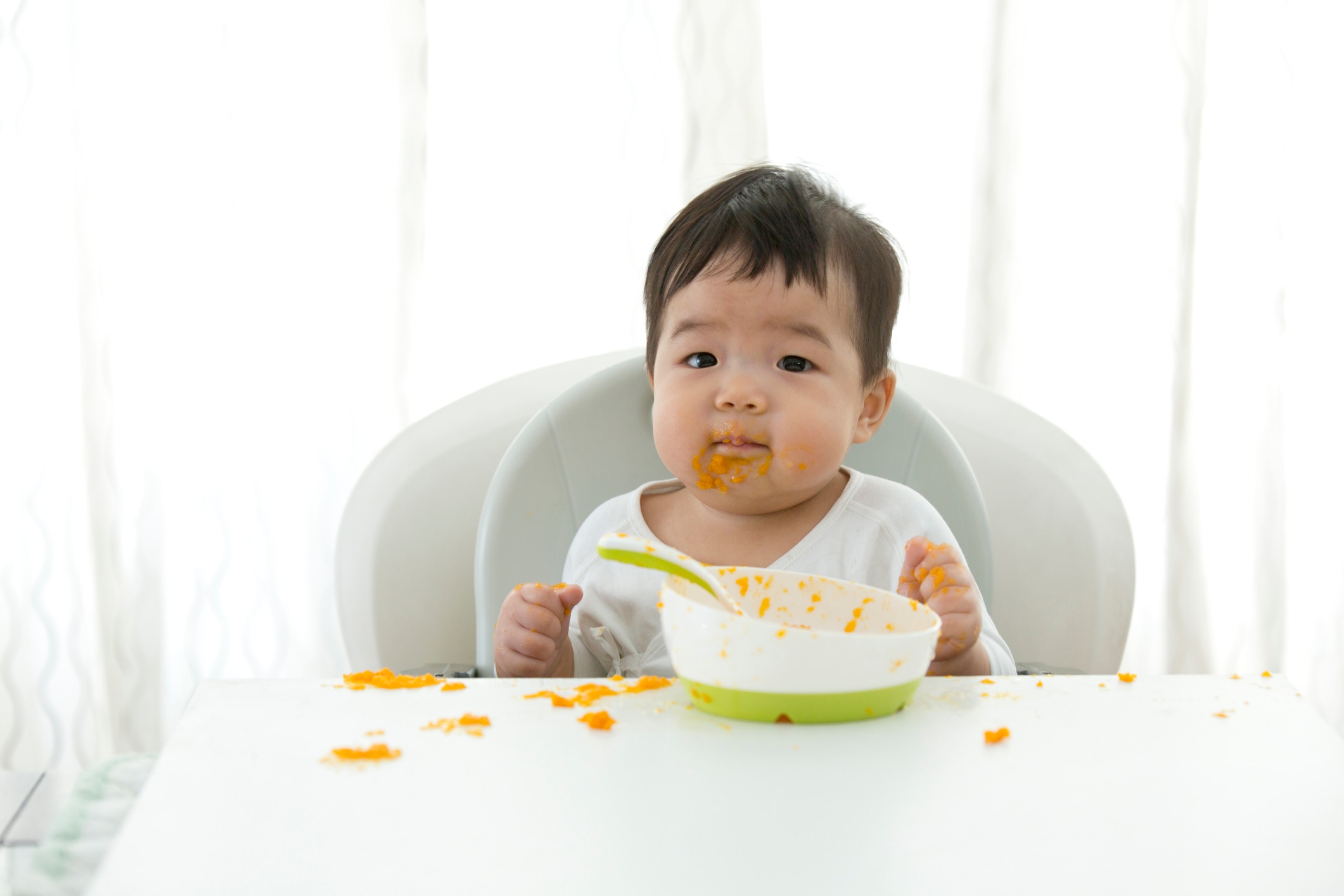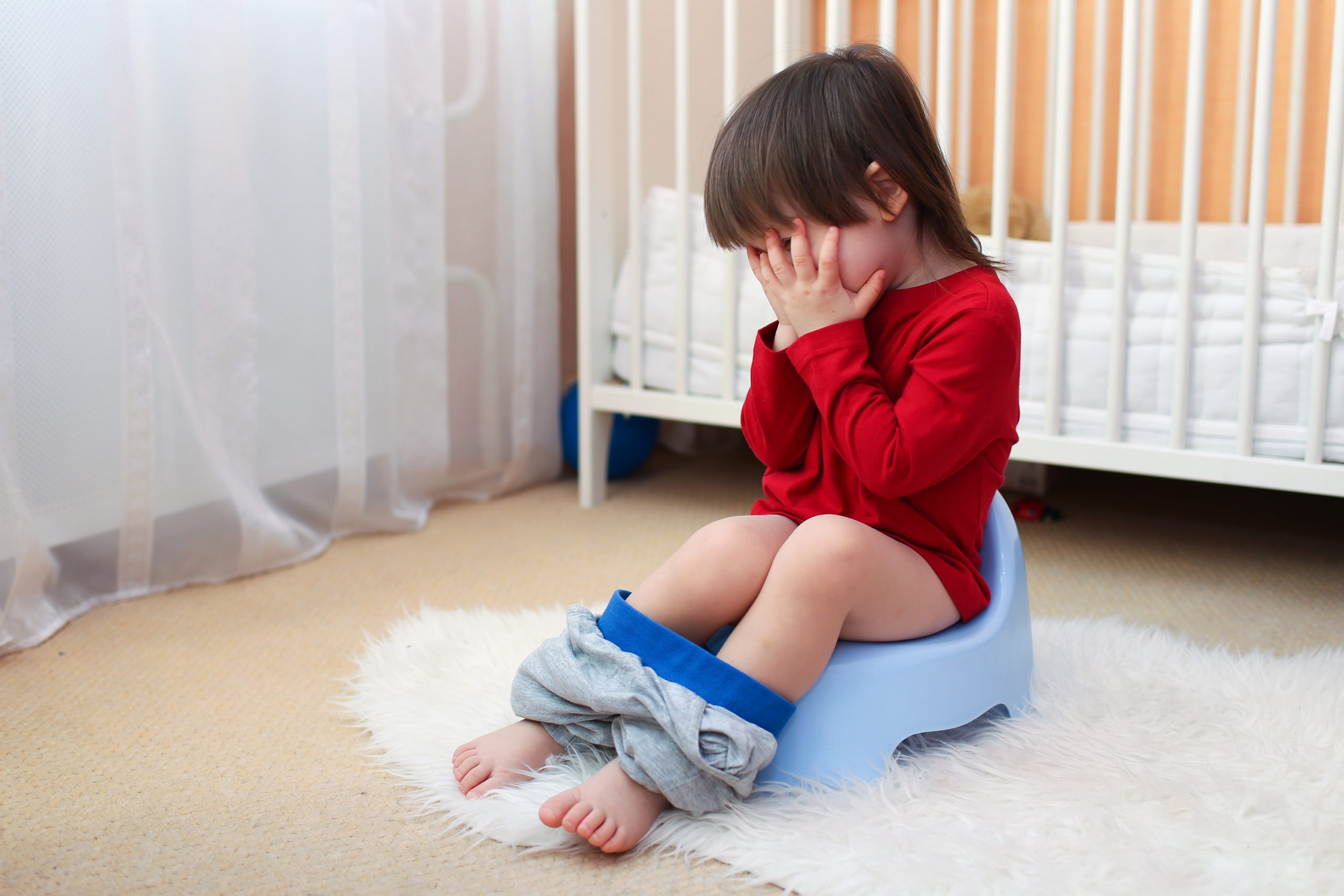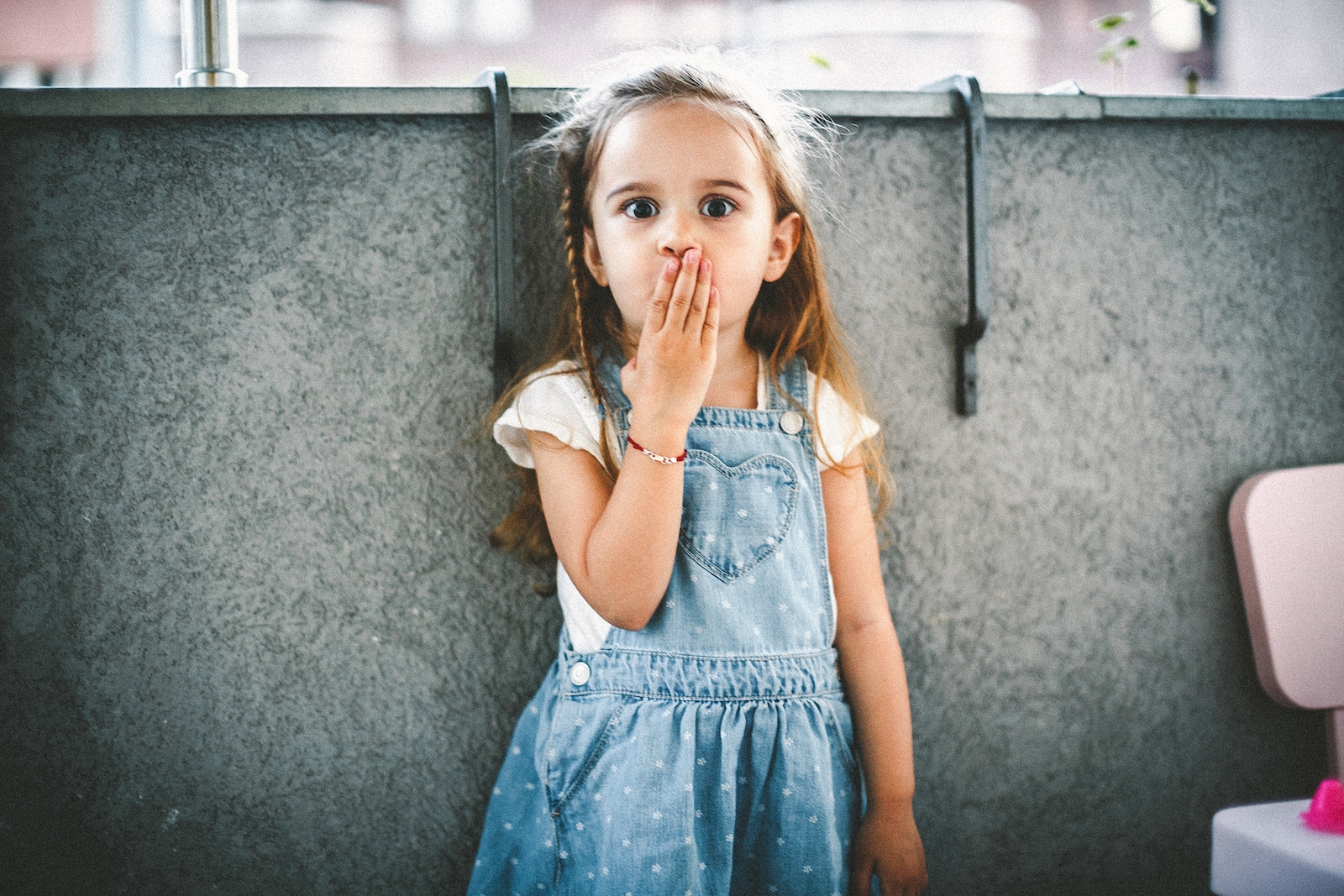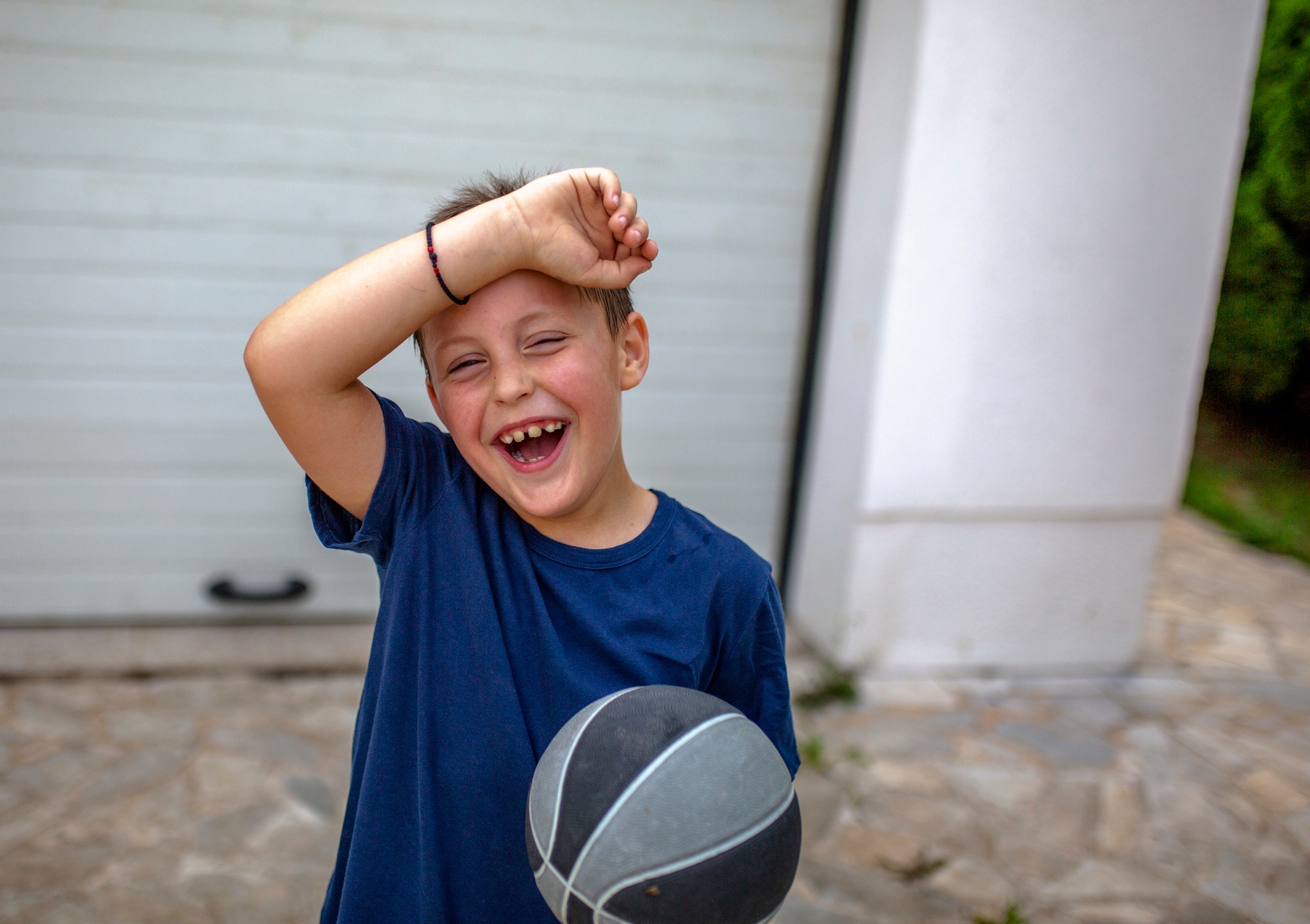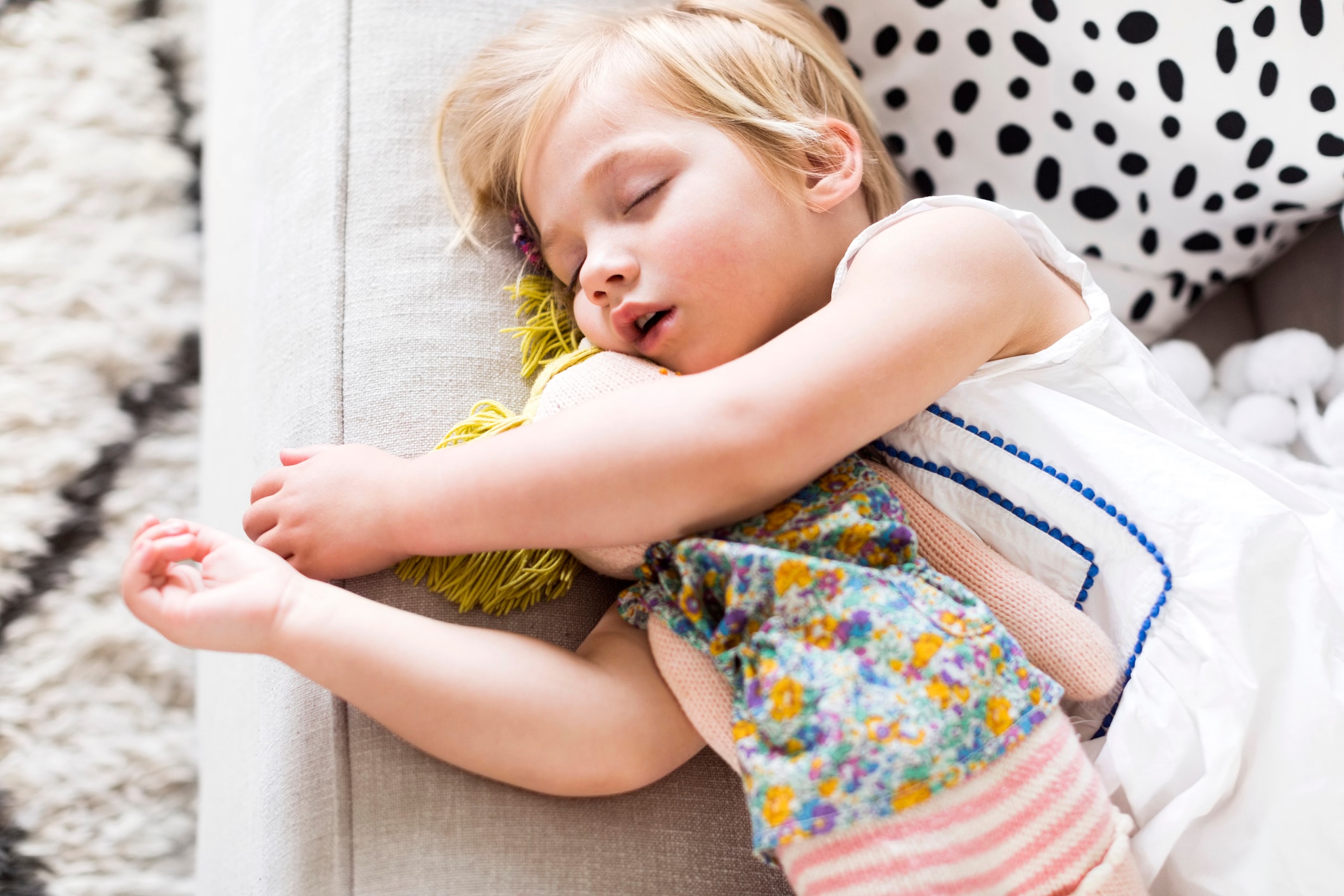Over the course of the COVID-19 pandemic, hundreds of thousands of families have mourned the loss of loved ones. Now, research from Pennsylvania State University is highlighting the devastating impact the pandemic has had on American children. A new statistical model estimates nearly 40,000 kids have lost a parent to COVID-19 since February 2020.
Researchers estimate that for every 13th COVID-19 death, a child under 18 loses a parent. The statistical model uses COVID-19 deaths and excess death counts, as well as demographic data to estimate the number of parents lost. Researchers also examined the rate of non-COVID-19 related parental deaths to compare their projections with a typical year.
According to the published results in JAMA Pediatrics, as of February 2021, an estimated 37,300 to 43,000 children ages 0 to 17 have lost at least one parent due to COVID-19. Three-quarters of kids estimated to have lost a parent are adolescents, while 25% are elementary school-aged. The model also estimates parental deaths due to COVID-19 will increase the total incidence of parental bereavement in the U.S. by as much as 20% compared to a typical year.
Black children are disproportionately impacted by parental COVID-19 deaths. Researchers point out that Black children comprise only 14% of kids in the U.S., but they account for 20% of those who’ve lost a parent to the virus. Researchers also say their data does not account for the deaths of non-parental primary caregivers, so the number of children who’ve lost a guardian is likely even higher than estimated.
Throughout the pandemic, many have worried about kids spending too much time on screens, falling behind in school and struggling with their mental health due to a lack of socialization. The research from Pennsylvania State University points to the heartbreaking reality that thousands of children are also struggling with grief and irrevocable changes to their core family structure, and these losses will continue to impact them for the rest of their lives.
“Children who lose a parent are at elevated risk of traumatic grief, depression, poor educational outcomes and unintentional death or suicide, and these consequences can persist into adulthood,” the study authors write.
The American Academy of Pediatrics (AAP) has put out official guidance for health workers on how to evaluate and prioritize the mental health needs of kids. Researchers involved with the latest study say children also need immediate access to all possible sources of support, such as counseling programs and Social Security child survivor benefits.
“Research shows only about half of eligible children are connected to these programs in normal circumstances, but that those who do fare much better,” study co-author Ashton M. Verdery says in a press release. “We should also consider expanding eligibility to these resources. Second, a national effort to identify and provide counseling and related resources to all children who lose a parent is vital.”
Though more people are being vaccinated and returning to work and school, the U.S. is still reporting over 70,000 new cases of the virus and at least 700 new COVID-19 deaths per day. So far, over 562,000 Americans have died from the virus, and each one of those people leaves behind a grieving family and loved ones.
The ripple effect of that grief will continue to impact people’s mental health and wellbeing long after the pandemic has ended, and this research is a grim reminder of how much work still needs to be done to support the youngest and most vulnerable in our society.
